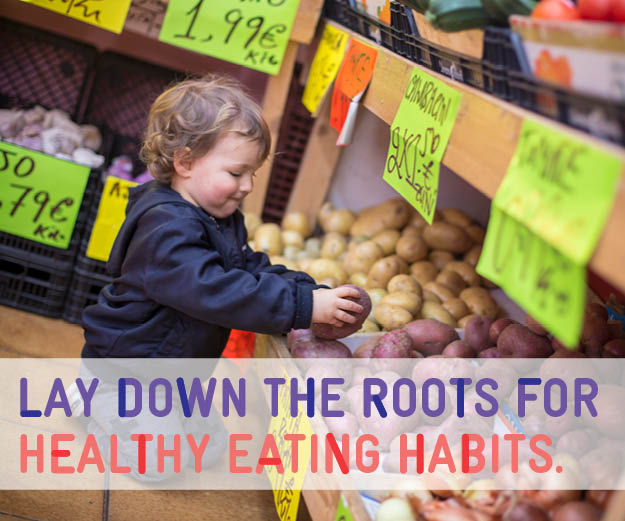It’s about that time of the year. The holidays are upon us! Something that we may find ourselves experiencing this holiday season is overeating. One more bite, going back for one more cookie, eating as much as you can of your grandma’s homemade stuffing. All the food and sweets make it hard to resist, and we hope that this newsletter provides some helpful holiday eating tips.
We eat with our eyes. It is the first sense that we use when eating. If the food looks good, we are more than likely going to at least try the food. Research shows that an “all you can eat” style meal, such as holiday meals, we tend to fill our plates more, eat more, and waste more food. By using a smaller plate, we can eat less and trick our minds into thinking we ate a large amount of food and will feel full.
Another way we can help reduce overeating is by adding more veggies to our plates. Start your meals with vegetables because they have fiber, water, and are low in calories, which can help with feeling full faster.
For kids, we can use a 1-10 scale that describes how hungry or full we are can help with reducing overeating. If you wait until your child is a 1 on the scale, it increases the risk of overeating. Offer healthy snacks like nuts, yogurt, veggies, or fruit. This goes for adults, too: you should not avoid eating for the holiday meals. Rather, snack and have meals as you would on any day.
It is important to allow yourself to have the sweets during this time. By allowing yourself to enjoy those sweets and desserts, you may be more likely to meet your weight loss goals. This can be helpful during the holiday season.
Use these tips to avoid that uncomfortably full feeling!
-Alex Taylor, UNC Dietetic Intern
